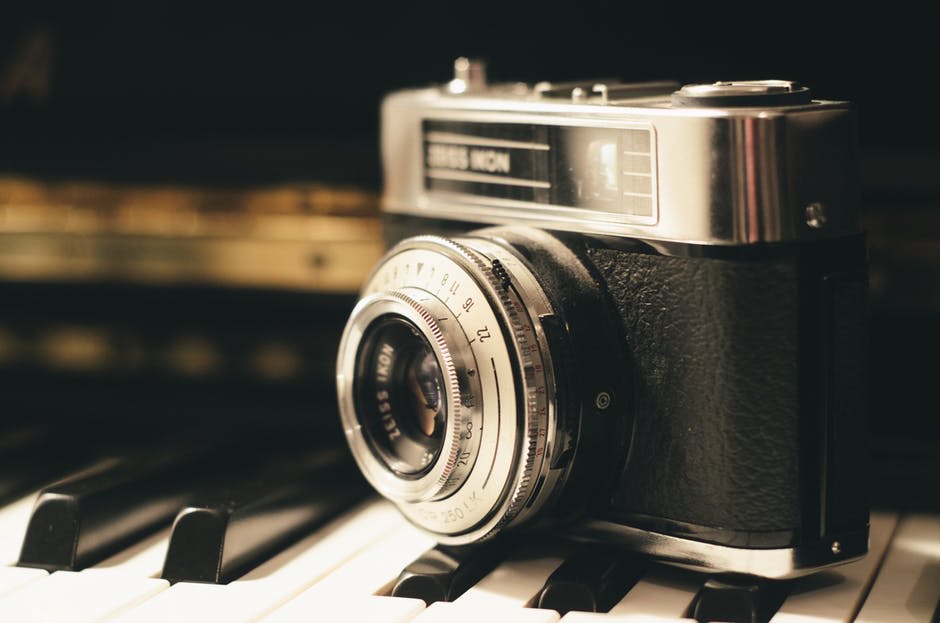At an international event such as the Olympic Games, it is inevitable that a large number of languages will be used in many different situations. The Olympic Charter lays down that the Organising Committee must publish all the obligatory documents in the two official languages of the IOC (French and English) and the language of the host country. In the case of Barcelona, given the official bilingual status of the city as reflected in the Statutes of Autonomy of Catalonia, not one but two languages had to be added to those of the IOC; and so COOB’92, in agreement with all the institutions involved in the Olympic organisation, decided that the Barcelona Games would have four official languages: Catalan, Spanish, French and English.
This proliferation of languages called for a complex programme of services from the very beginning. To develop the programme, in January 1988 COOB’92 set up the Language Services Department inside the OlympicFamily Services Division. We should point out that this was the first time that an Organising Committee decided to treat the subject in depth four and a half years before the Games; in the end, this foresight was shown to have been more than justified.
The Language Services were organised in five sectors: translation and correction of texts, interpretation, announcers, style books and sports glossaries and language hosts. With time, and because of its inherent scope and characteristics, this last area became a separate department.
Speaking in background terms, regarding the COOB’92 language policy we must begin by the Olympic Office which was responsible for preparing the draft of the bid and that can be considered as the immediate predecessor of the Committee. Catalan was the language of habitual and natural work of the Olympic Office, and this meant that projects, reports and other documents were in that language and that the original wording of the Bid proposal would also be, therefore, in Catalan. This internal linguistic normality was independent of the debate on the language issue or the ultimately responsibles for the project political intentions and significantly influenced the natural course of preparing publications in four languages. Thus, the question of the official status of Catalan was not openly touched during the application process but a trend could be perceived.
In 1985 Josep Miquel Abad, CEO of the Barcelona Candidacy, appointed Alfred Bosch so he would deal with the language issues of the Olympic project. It was he who made contact with the Directorate General for Language Policy (DGPL) to develop a language policy for the Games which provided that Catalan was not only official language of the Games but had a prominent role and a dignified use.
(Text taken from the Official Report of the Barcelona ’92 Games and from “La XXVa Olimpíada i la llengua catalana” by Oriol Carbonell)




